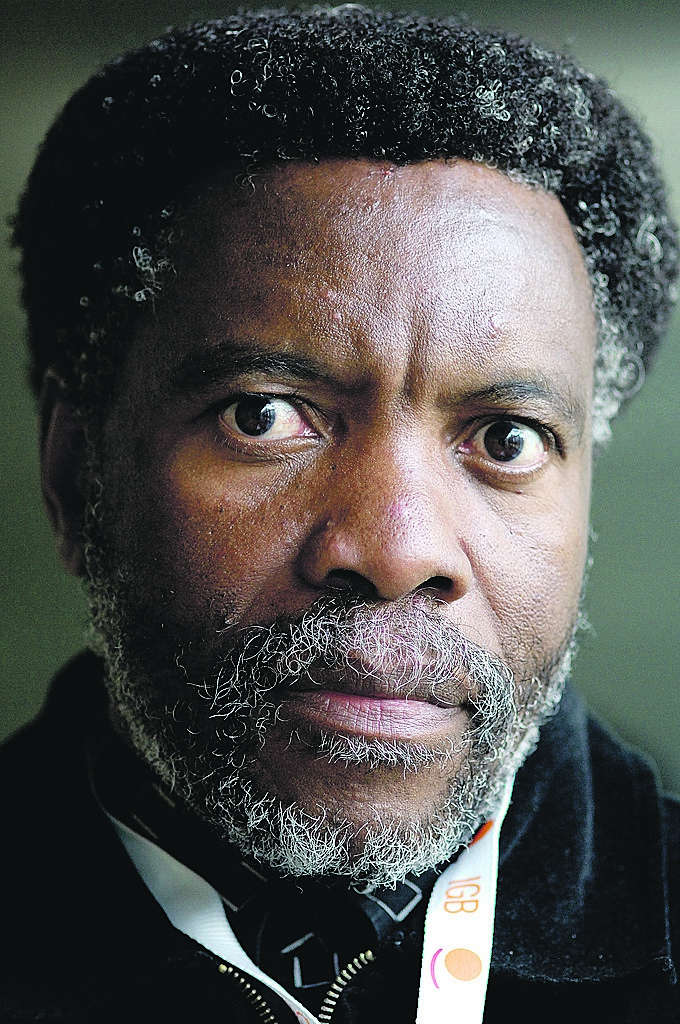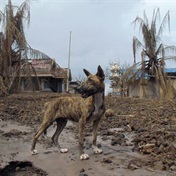
When he was first elected to Parliament five years ago, Jan Sithole introduced himself to King Mswati III as the leader of the Swazi Democratic Party (Swadepa).
The transgression could have cost him a cow because political parties are not strictly legal in eSwatini’s Parliament.
But Sithole got away with it and spent his time in the legislature pushing for more democracy.
“This system of government is undemocratic, but it is like any kingdom or any place where there is a treasure. They will put [land]mines around it so you don’t have easy access,” he said.
Days before the kingdom’s elections, set to take place on Friday, Sithole is navigating more obstacles.
He has launched a court bid to interdict special voting and voting in the peri-urban Manzini North, after other candidates have asked for the disqualification of Macford Sibandze, a former Cabinet minister.
They say Sibandze no longer lives in the inkhundla (constituency), but he has argued that he never renounced his residency in Manzini North, where his parental homestead is.
Even though he had moved out of the inkhundla, he was still registered there as a voter, insisted Sibandze.
Sibandze was sacked from his position as environment and tourism minister in 2012, following allegations that he had embezzled money from a hotel sale.
He ran against Sithole for Parliament the next year, but lost, and went into business instead.
Now he’s back, with a campaign coffer full of money. Swadepa leaders see this as an effort to frustrate Sithole’s chances in Manzini North through dirty play.
Last month, shortly before election campaigning was due to start, Swadepa spearheaded an unsuccessful court bid to clarify the rights of political parties to campaign under a party banner, as the country’s 2005 Constitution allows freedom of association and expression.
In 2008, the court ruled that “there is nothing in the Constitution that debars a member of a political party from seeking election as an independent individual and, once elected, joining up with others who think similarly to operate as a unit”.
eSwatini’s electoral system is, however, based on tinkhundlas, where candidates run and get elected as individuals.
Voters elect 59 members to the House of Assembly, while the king appoints another 10.
He also chooses all 30 members of the more powerful Senate, as well as the prime minister and members of the Cabinet.
As a result, campaigning for elections often involves buying votes by handing out food and scholarships, instead of campaigning about party manifestos.
Sibongile Mazibuko, from the women’s wing of the Pan-Africanist Ngwane National Liberatory Congress (NNLC), said newly elected MPs, who are among the better paid citizens in the kingdom, are seen as cash cows as a result.
“If you are elected an MP, there will be long queues of people at your house, looking for money to go on the bus or for assistance if they lost a relative, or for school fees,” she said. “They want you to share your income with them.”
MPs often relocate to suburbs to escape these queues.
The NNLC, the oldest party in eSwatini, does not campaign for elections. “We are mobilising from outside. We don’t want to go in and be swallowed,” Mazibuko said.
Although the system is not violent against political parties, eSwatini citizens have never seen a “Madiba-type” multiparty democracy, she said.
“The chorus that Swazis hear [from the media] is that multiparty democracy is characterised by violence, so people think it is an animal not worth considering.”
Another party operating from outside is the People’s United Democratic Movement, which has links with South Africa’s labour federation, Cosatu, as well as the SA Communist Party.
“How do you fight a regime when you are working with it from within?” said opposition leader Mario Masuku.
“The mathematics are such that even if you swamp that Parliament and you pass a motion, the king will not sign it. So, you are there like a storm in a teacup.”
Masuku was one of a number of activists arrested in 2013 and 2014, and charged with terrorism; they successfully challenged their arrests in court.
The state’s appeal was supposed to have been heard this week, but judges could not be found and the case was postponed to October.
Complicating the matter is the fact that the Suppression of Terrorism Act of 2008 was amended by Parliament last year.
However, in a report titled Alignment of eSwatini’s Domestic Laws with Recommendations of UN Human Rights Mechanisms, released on Thursday, the Southern African Litigation Centre said the threshold for declaring someone a terrorist was still too low and not in line with international norms.
Masuku is hoping for a better dispensation. “I am itching for the day that we will be going on to have a free democratic election,” he said.
Do you think that eSwatini will ever see a democratic dispensation come into being?
SMS us on 35697 using the keyword ELECTIONS and tell us what you think. Please include your name and province. SMSes cost R1.50. By participating, you consent to receiving occasional marketing material




 Publications
Publications
 Partners
Partners








